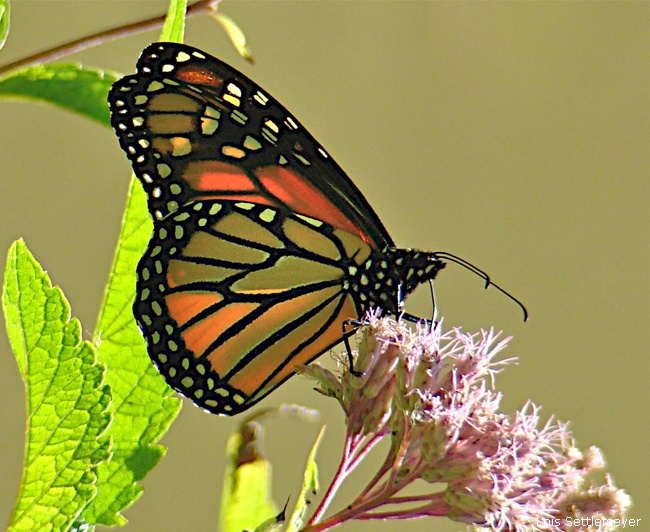It’s not often, if ever, that the White House convenes a meeting on the topic of insects. But that’s just what happened three weeks ago when John Holdren, director of … Read more
Laura Tangley’s Archive
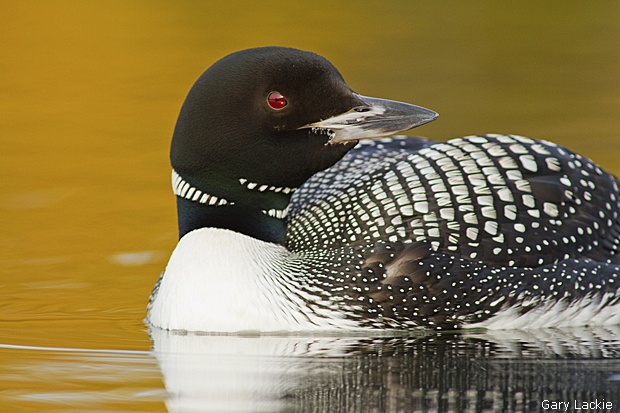
Biologists Study Impact of BP Oil Disaster On Loons
Just over a year ago, I held a “charismatic megavertebrate” on my lap. As a participant on a research project in the Gulf of Mexico just off the coast of … Read more
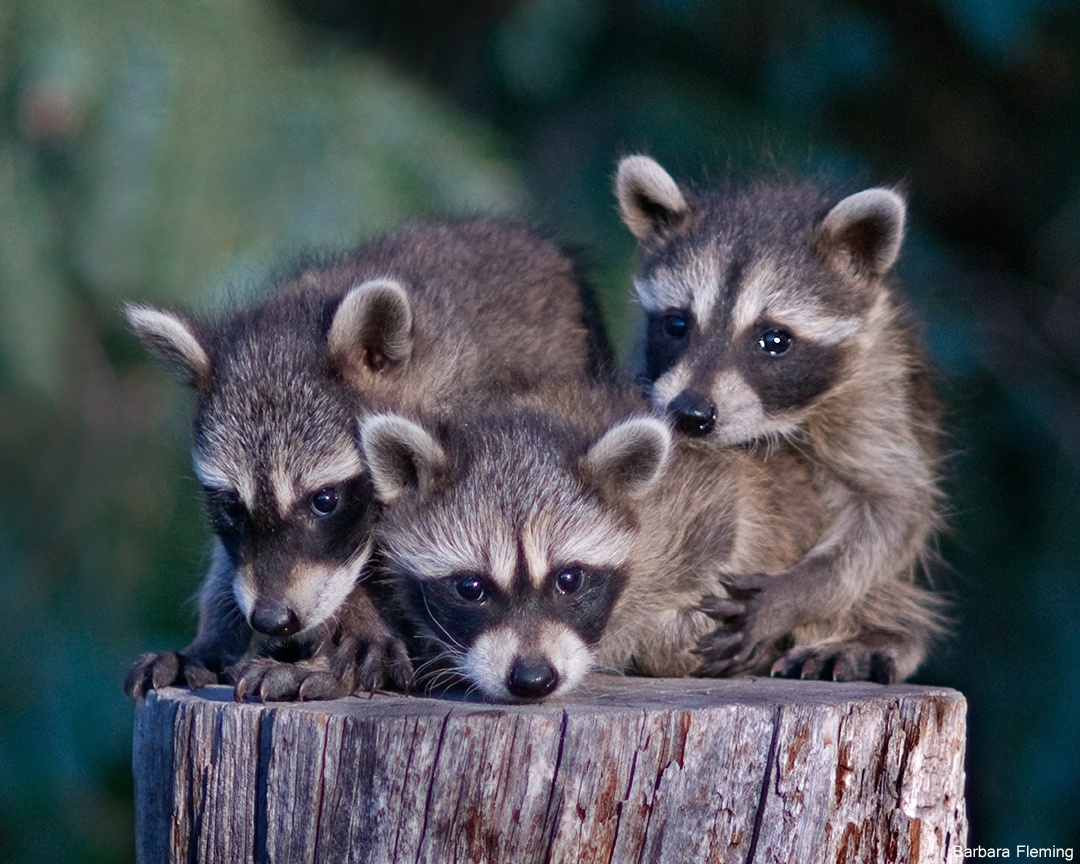
How to Keep Wild Raccoons Wild
Whether you live in the country, the city or the suburbs, if you’re frequently out and about after sunset, you’ve likely encountered a raccoon or two in your yard or … Read more
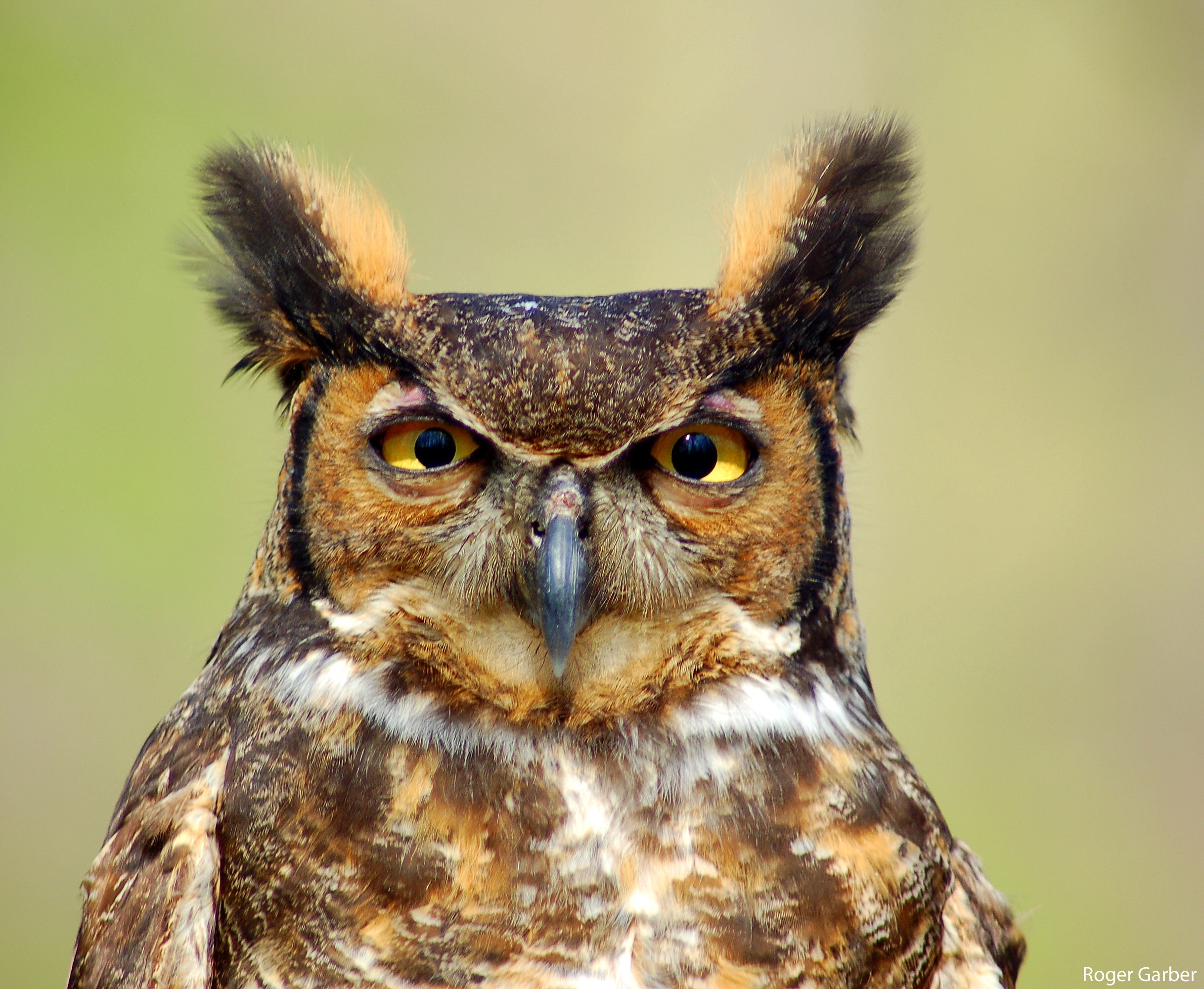
Winter Weather’s Fine for Nesting Great Horned Owls
Here in North America, where much of the continent is battling ice, snow and bone-chilling cold, this may seem like a very bad time of year for a bird to nest. … Read more
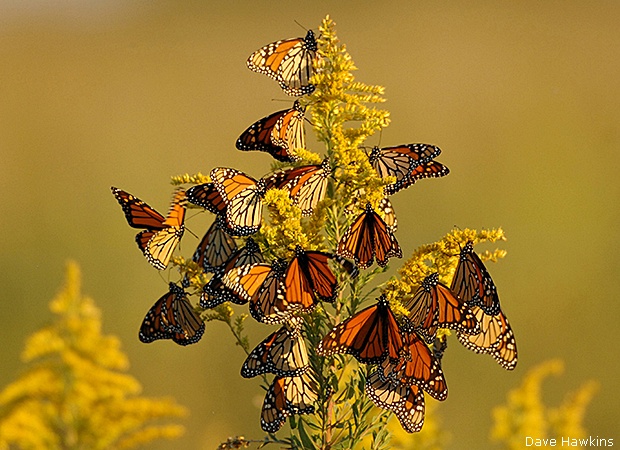
Where Are Migratory Monarchs This Fall?
Each fall at about this time, I try to spend a weekend at the Black Walnut Point Inn on Maryland’s Tilghman Island in the Chesapeake Bay. Located on the southern … Read more
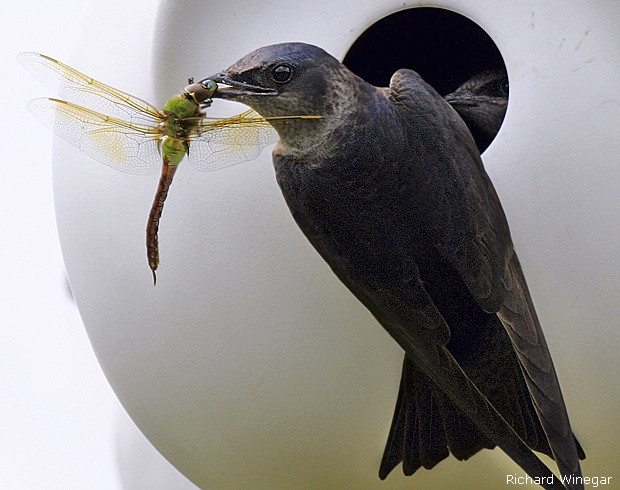
The Case of the Missing Martins
A few weeks ago, I headed down Interstate 95 from my home in Washington, D.C., to attend a quirky festival, “Gone to the Birds,” held each August in Richmond, … Read more
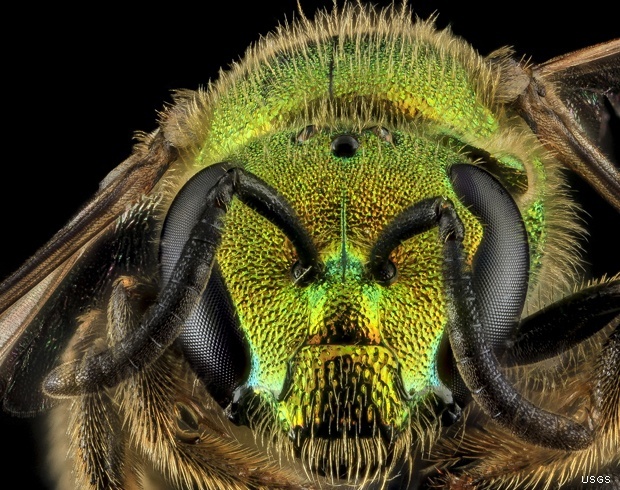
Photo Gallery: Surprising Backyard Bees
Until a few months ago, if someone said the word “bee,” I’d immediately picture the familiar black-and-yellow-striped honeybee or perhaps a big, fuzzy bumblebee—both regular summer visitors to the flowers … Read more
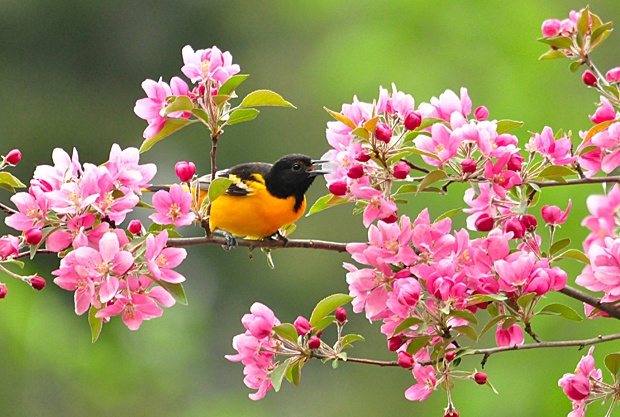
Photo Gallery: Seven “City Birds”
Hear the words “city birds” and you’re likely to picture a handful of common nonnative species such as the European starling, house sparrow and pigeon. But a long-term survey of … Read more
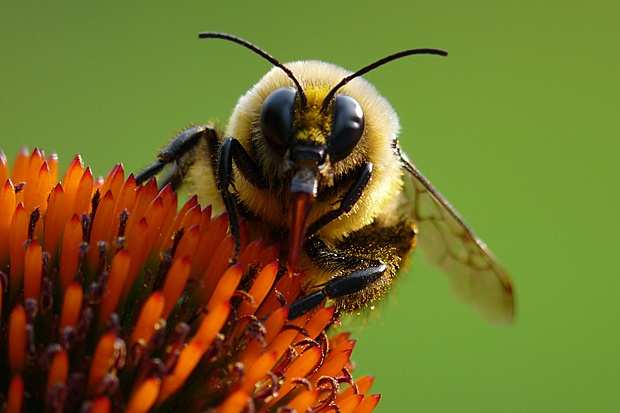
In the Buzz About Bees, Don’t Forget the Natives
Honeybees have been in the news a lot this month. On May 2, the federal government published results of a comprehensive study looking at potential causes of the insects’ dramatic … Read more
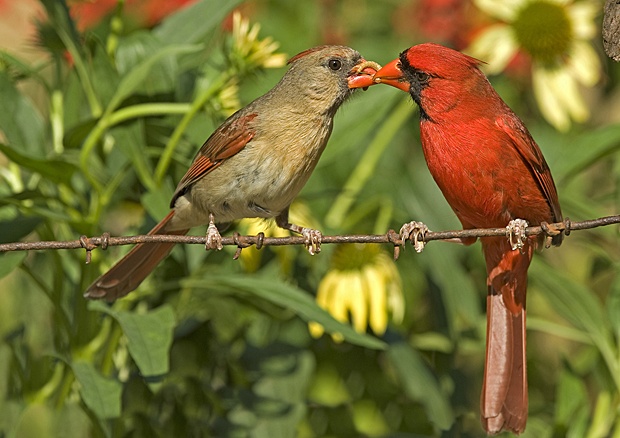
Help Bugs—and Birds—By Growing Native Plants
Like most environmentally-friendly gardeners, I’ve long known that it’s better to cultivate native than nonnative plants. Adapted to local conditions, natives thrive better—and with less water and other expensive inputs … Read more

